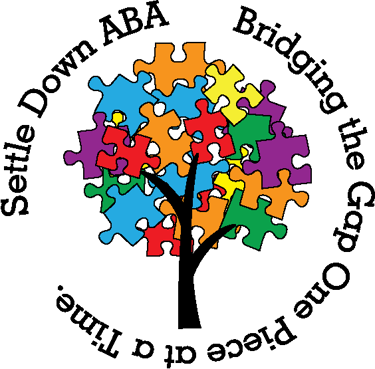
Professional Growth & Development Opportunities
Board Certified Behavior Analyst Supervised Field Work Program
Registered Behavior Training Program
Executive Management Training Program
BC(a)BA Mentorship
SDABA has created and implemented a program for training, promotions, and development of employees' from new hire into the executive leadership positions. Our goal of allowing each team member to realize their dreams and aspirations in life is our inspiration. The Executive Administration Training program works together with individuals seeking real world experience in learning various healthcare administrative roles and responsibilities.
Regulatory Compliance
Billing / Collections / Insurance Defense Auditing
Authorizations / Client Management
Financial Administrations / Utilization Management
Employee Productivity
Human Resources
Since 2016, Settle Down ABA ("SDABA") has made it the largest part of their dedication to growing and building a program that removes barriers to entering the field of Applied Behavior Analysis (ABA) as a Registered Behavior Technician ("RBT®"). SDABA has developed an internal training and certification program, focusing on the development of all critical skills to meet the Behavior Analyst Certification Boards ("BACB®") requirements. Settle Down's training program is dedicated to creating professionals who are prepared for a successful journey into their roles as an RBT®.
Here at Settle Down, we look to bridge the gap for each individual who feels compelled to choose to enter this field. Our belief is that this profession is a calling and a passion that resides within each of our staff. A calling to those who truly seek to share their passion and dedication to affecting a positive change in individuals’ lives.
If you’re dedicated to achieving a Board-Certified Behavior Analyst (BCBA) or a Board-Certified Assistant Behavior Analyst (BCaBA) certification, you’re on the right track to a fulfilling career. This certification supports both children and the parents of children with autism spectrum disorder (ASD) and other special needs through the application of Applied Behavior Analysis (ABA) Therapy. An evidence-based behavior therapy, ABA helps children develop new skills and reduce problematic behaviors by analyzing and adjusting environmental factors. Through Settle Down's supervised field work program, students will be able to apply knowledge gained in their coursework, gain practical skills, and reflect on their experiences. Under the guidance of Christina E. Settle, BCBA, LBA and a within agency supervision agreement, Settle Down ABA offers prospective candidates a path to meeting their requirements under the BACB requirements. For more information on the structure and requirements of our program, please click the link below.
You have passed your exam. Congratulations!!!! You are on your way to making a difference to the field of Applied Behavior Analysis. You may be asking, now what? Through the guidance of Settle Down's mentorship program, individuals will be able to promote their professional growth and develop their skills beyond the task list.
BCBA mentorship differs from supervision in that this is voluntary. It is recommended that newly certified behavior analysts seek mentorship and continue to work under the guidance of a veteran BCBA following their certification. Unlike supervision, mentorship does not have specific time constraints. It can be indefinite and requires a longer commitment from the mentor.
Goal Setting: Mentoring allows the mentee to actively set goals throughout the relationship. These goals can be personalized and aligned with the mentee’s professional aspirations.
Collaboration: A mentorship relationship can become collaborative, serving as a sounding board for both parties to share new ideas, research, and experiences.
In summary, while BCBA supervision is essential for meeting certification requirements, mentorship plays a valuable role in ongoing professional development. Both contribute to the growth and success of behavior analysts in their careers.




